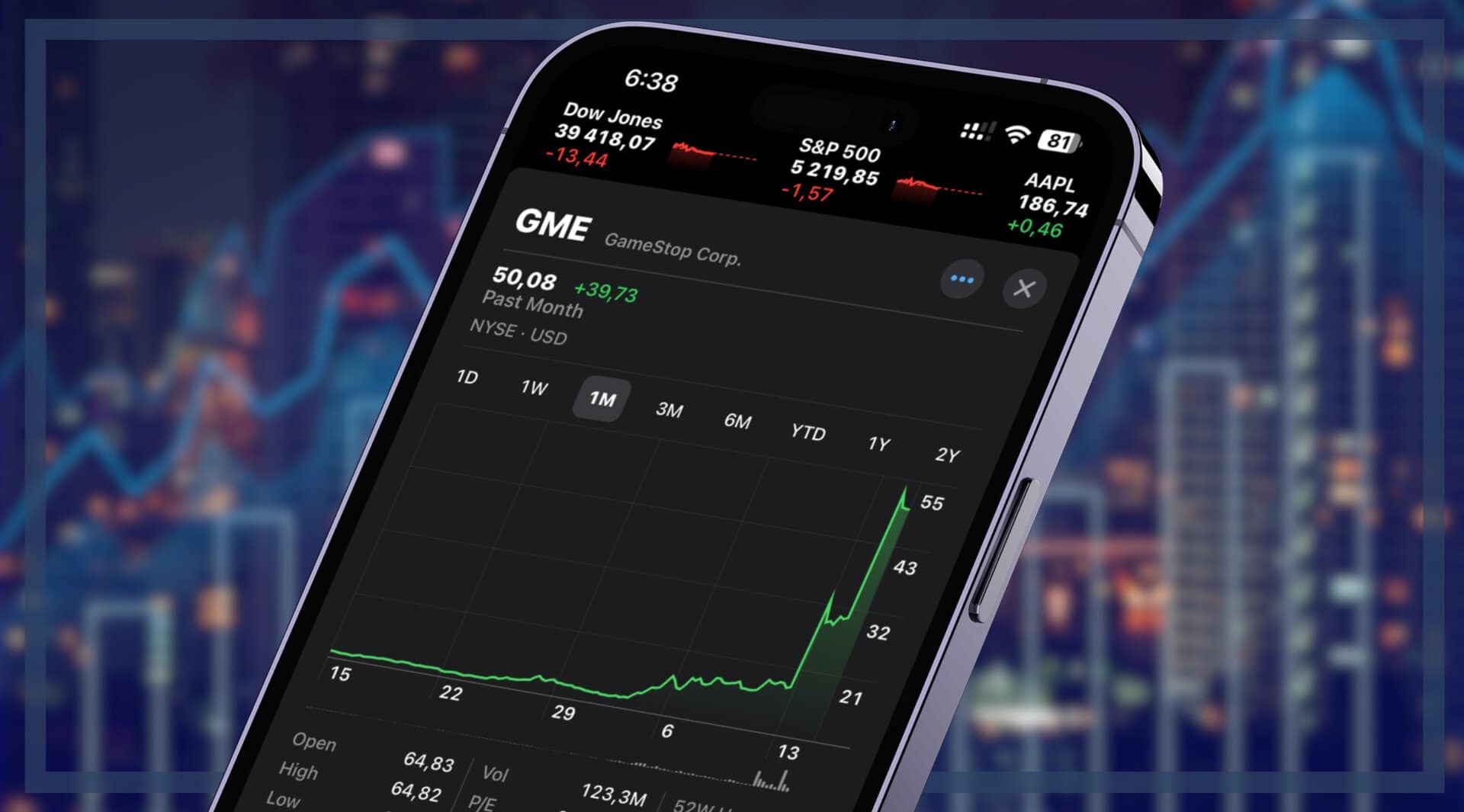In July 2020, we covered a story about Wirecard fraud and their whistleblowers. Back then, the payments processing group made headlines after filing for insolvency and disclosing a €1.9 billion hole in its accounts. This figure was equivalent to the company’s entire profits over a decade. According to the auditing company EY, this was the result of “elaborate and sophisticated global fraud.” Prior to that, the fintech company has claimed to process $140 billion of transactions a year on behalf of a quarter million businesses. This briefly made it valued more than any German bank.
As reported by Disruption Banking‘s Ian Hall, “Its long standing chief executive, Markus Braun, was arrested, accused of inflating the balance sheet. Wirecard initially said the missing cash was held in accounts at two banks in the Philippines but later said the money simply may not exist.”
It was the largest corporate fraud in the history of Germany. But what about all the companies that were participants in the German financial system at the time? How did they cope? And how are they coping today?
We made a video to explain the Wirecard story:
— Dan McCrum (@FD) June 26, 2020
"At times I thought I was going crazy." https://t.co/07wYBwglMe
The Wirecard Scandal and the German Banking System
The Wirecard scandal was a major shock to the German financial system and had ripple effects across the country’s economy. Naturally, the implications for companies that were participants in the German financial system at the time were significant. Deutsche Bank, which is Germany’s largest bank and a Global Systemically Important Bank (G-SIB), was among those affected. Another bank that was impacted was Commerzbank. That, while not a G-SIB like Deutsche Bank, is still important to the German financial system. After Deutsche Bank, DZ Bank, and KfW, Commerzbank is the fourth largest lender in Germany with 5.88% market share.
DZ Bank is the second largest bank in Germany with 6.41% market share. It operates in the corporate, retail, and investment banking sectors. KfW, on the other hand, is a state owned development bank. It is also the third largest lender in Germany with 6.05% market share. It specialises in providing financing for infrastructure projects, environmental protection, and international development.
Deutsche Bank, once focused on expanding into U.S. markets, has shifted its attention back to its home market in Germany. Similarly, Commerzbank has been concentrating on its domestic market. In recent years, Commerzbank has narrowed its focus to its core markets: Germany and Poland. In Poland, it operates a subsidiary bank called mBank. The bank has also undergone a restructuring process, which has included layoffs and a shift in focus to digital banking.
Heike Pauls
Heike Pauls was a senior compliance officer at Commerzbank and a former equity research analyst of Wirecard. Notable as Wirecard’s supporter and defender, she recommended buying Wirecard’s shares shortly until its bankruptcy and has published an infamous research note to Commerzbank’s clients, stating that the allegations made by the Financial Times against Wirecard are “fake news.” After the scandal, Commerzbank retracted the note and apologised for the wording. At the same time, Pauls defended her actions and presented herself as one of the victims of the Wirecard fraud.
One of the most notorious research notes of all time had its 3rd anniversary last Monday#pauls #commerzbank #wirecard pic.twitter.com/mjKAr6R6J9
— Trader 53 (@trader_53) February 5, 2022
“It is an analysts’ job to sell ideas. Wirecard was one of my strongest recommendations,” Heike Pauls argued.
Later, Pauls made headlines in 2019 when she won a wrongful dismissal case against the bank. The company had fired Pauls in 2017, after emails revealed that she had provided Wirecard’s management with information on criticisms shared with her by a hedge fund.
German labour law at work: Commerzbank's controversial Wirecard analyst Heike Pauls wins in court, reports @wiwo's @HerrTschalek. Court orders Commerzbank to re-hire Pauls. https://t.co/EUzYafiK2P
— Olaf Storbeck (@OlafStorbeck) July 7, 2021
In her lawsuit, Heike claimed that she had been punished for speaking out. She argued that her firing was part of a broader effort by the bank to silence whistleblowers. The court agreed with her, and ordered Commerzbank to pay her more than €270,000 in compensation.
This controversial case was seen as a victory for whistleblowers in Germany. While there is not always strong legal protection for those who report wrongdoing there, Pauls’ win underscores the challenges of terminating employees in Germany. The scandal also drew renewed attention to the compliance issues at Commerzbank. It also raised questions about the bank’s commitment to addressing those issues.
Commerzbank’s Martin Zielke
Since the lawsuit, Commerzbank has taken steps to improve its compliance and risk management practices. This included increasing the number of staff working in compliance and creating a new executive board position focused on compliance and integrity. Despite that, it has been in the news after that due to another whistleblowing case involving its former CEO, Martin Zielke. In 2020, a whistleblower has accused Zielke along other top executives of failing to address AML issues and other compliance problems at the bank. After the allegations went public, Zielke resigned.
“The bank needs a profound transformation and a new CEO, who will get the necessary time from the markets to implement a strategy. Even if we made strategic progress, the financial performance of the bank has been and is unsatisfactory. And as CEO I bear the responsibility for that,” Zielke commented.
Whistleblowing cases
These cases highlight that Germany has been more supportive of whistleblowers in recent years. In 2017, the German parliament passed a new law to protect whistleblowers in both the public and private sectors. The law provides legal protection to employees who report wrongdoing, and it also requires companies to establish internal reporting channels to encourage whistleblowers to come forward.
This contrast sto some other European countries. In July, #DisruptionBanking covered an article on a whistleblowing case in France involving Stephanie Gibaud. As Harry Clynch reported, Gibaud, a former UBS employee helped authorities to uncover around €9.6 billion of taxpayers’ money that UBS had stashed away in their Swiss bank accounts. Despite that contribution, Stephanie said that the effects of whistleblowing have had a huge emotional and financial toll on her life. After UBS had fired her, she struggled to find a new job and had to pay her legal fees with no state support.
Still a long way to go when it comes to protecting whistleblowers in France. The disclosures of @Steph_and_me saw UBS receive a record fine of 4.5bn euros. But she received no help from the authorities when pursued in court & has been financially ruined.https://t.co/rh0bXJiggr
— Harry Clynch (@clynchharry) September 12, 2022
Unions and Troublemakers
#Disruption has also covered whistleblowing cases in Poland, involving mBank and Sii. First, at the end of 2021, a worrying story about the dismissal of the head of a trade union. As reported by Andrew Samu:
“One would hope that this was an isolated incident. But one might also be disappointed to learn that the situation seems to have persisted. Trade unions are not popular amongst banks, or many other companies for that matter.”
A year later, similar instance happened in Sii – arguably the largest software outsourcing company in Poland and the Polish subsidiary of the Euronext Paris listed Sii. When the employers formed a trade union, Gregoire Nitot, the CEO of Sii Poland reacted with anger, scolding its founder and claiming that Sii doesn’t need trade unions. The trade union founder, Krystian Kosowski had later been fired, and “acting against Sii” has been cited as a reason. In an official email, shared by Magazyn Rekruter, Nitot stated:
“Sii does not want to be like selfish miners trade unions who put pressure on Polish government to pay billions of PLN for their egoistic benefits (instead of investing in schools or healthcare system or energy).
“Such behavior does not encourage companies like Sii or entrepreneurs to invest in Poland. To create jobs & recruit people in Lodz (it makes me really sad & upset). We have unfortunately disgusting behaviors sometimes in Sii ).
“It is better to invest in more liberal & open minded countries where we can easily dismiss bad performers & trouble makers who kill their employers & the entire company.
“For example I quitted France for that reasons: too many trade unions, […] strikes, […] complaints. To high work protection. Too much bureaucracy. Too high taxes (ZUS, PIT, PFRON…). To complex employment system.”
The recent cases of whistleblowers facing difficulties within European companies serve as a reminder of the ongoing challenges faced by those who speak out against wrongdoing. However, these incidents have also highlighted the crucial role of compliance and risk management practices in the industry, as well as the need for legal protections for whistleblowers.
Yes, EU has taken steps to support whistleblowers through new legislation and improved internal reporting channels. However, more work is needed to ensure that those who come forward are adequately protected and that companies prioritize integrity and accountability. As the banking industry continues to evolve, it is essential for all stakeholders to remain vigilant in promoting ethical practices and preventing financial crimes that can have far-reaching consequences for economies and society as a whole.
Author: Barbara Listek
#Wirecard #Fraud #Whistleblowers















